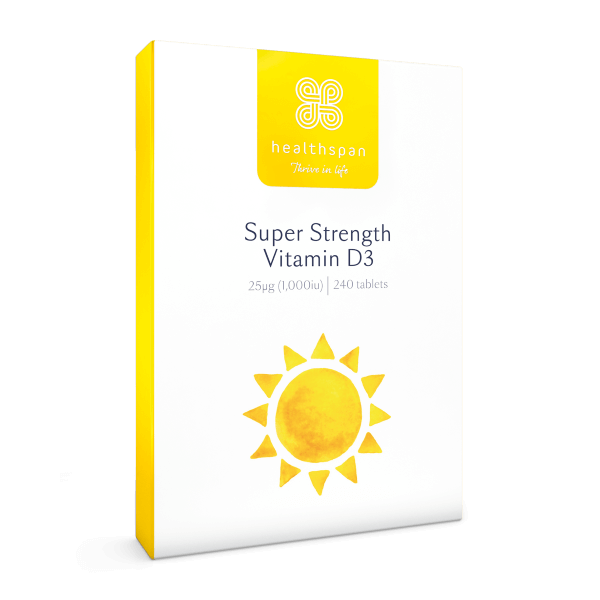Unlike perimenopause, and menopause itself, the onset of postmenopause is not marked by physical symptoms. Rather, it is defined as a period of time that begins 12 months after a woman’s last period, and continues until the end of her life.
Menopause is actually defined as a single moment when a woman's periods stop (once 12 months have passed since her last period), whilst postmenopause is a permanent state that lasts from this point onwards.
What happens during postmenopause?
During postmenopause, your hormone levels will not fluctuate to the same extent that they do during the lead-up to menopause, which means that many postmenopausal women find relief from some menopausal symptoms, such as hot flushes.
After going through years of decline, your levels of oestrogen and progesterone will remain at a low level throughout postmenopause, which introduces new health needs for your body as it gets older. For instance, low levels of oestrogen put postmenopausal women at an increased risk of osteoporosis, and heart disease. With attention to diet and lifestyle however, these risks can be managed, keeping you happy and healthy as you age.
What are the symptoms of postmenopause?
Whilst the onset of postmenopause is not marked by any physical symptoms, there are a number of symptoms you will experience as a result of permanently lowered hormone levels. Many of these symptoms are also experienced as part of perimenopause. Some women will continue to experience hormone fluctuations for a number of years following menopause, and so may carry on experiencing menopausal symptoms such as hot flushes, stress, insomnia, and weight gain. Again, the experience of menopause is different for every woman, based on how her body uniquely adapts to her process of ageing. Commonly, the following are experienced as symptoms of postmenopause:
Vaginal dryness
Without production of oestrogen, the vaginal lips and vagina become less elastic, which may make sex painful, or uncomfortable. Similarly, a lowered level of mucus produced by vaginal glands during postmenopause can cause vaginal dryness. Try a vaginal lubricant which can make sex more comfortable.
Vaginal bleeding
Any vaginal bleeding, once you have ceased to menstruate, is considered abnormal. Whilst it is a common problem and is usually caused by something minor such as an inflammation, or a thickened womb lining, you should be sure to check with a GP that it is not a sign of something more serious.
Urinary incontinence
As oestrogen works to keep the bladder and the urethra, the passage that allows the flow of urine, healthy, lowered hormone levels during postmenopause can result in bladder control problems. A lack of oestrogen also may weaken the pelvic muscles that are responsible for bladder control.
Weight gain
Unfortunately, with postmenopausal hormone changes often comes weight gain. This is because the body responds to lowered oestrogen levels by retaining more fat cells, in efforts to naturally lift its oestrogen levels.
Insomnia
As with menopause, changes to hormone levels can make it difficult for postmenopausal women both to fall asleep, and to enjoy a full night's rest.
Less commonly, some postmenopausal women report experiencing hot flushes, and a lowered libido.
In most cases, postmenopausal women will gradually stop experiencing these symptoms as hormone levels stabilise. However, some women do report lingering symptoms that may last up to 10 years after menopause.
Staying healthy
As with any other stage of a woman's life, there are ways you can counter risks to your health through careful attention to nutrition and lifestyle. These factors also impact the balance of hormones within your body, and so help strengthen the overall health and function of your body and mind.
A healthy, balanced diet and regular exercise will only ever work in your favour, but there are specific new requirements you will need to address during postmenopause. For example, postmenopausal women are at an increased risk of osteoporosis, and so are advised to increase their calcium and vitamin D intake. Similarly, as we age our blood vessels become less elastic, which puts us at higher risk of high blood pressure. Reducing salt intake can help to manage this, whilst increased intake of healthy fats such as omega 3 can also benefit heart health.

Super Strength Vitamin D3
For healthy bones, teeth, muscles and immunity
- 25mcg vitamin D per tablet
- Helps keep bones, teeth and muscles healthy, and supports immunity
- Multiple health benefits from 9p a day











